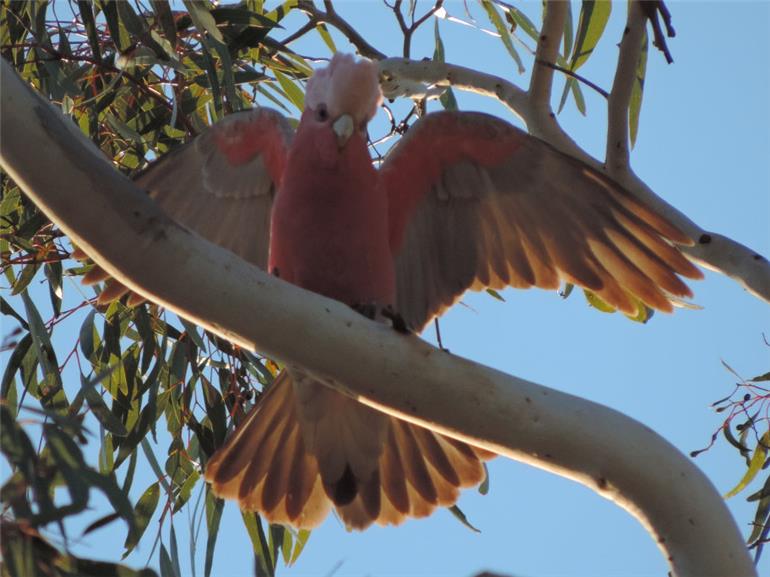Tanya Siddiqi, MD and Steven T. Rosen, MD complete their comprehensive review in part 2:
"In this two-part review, we discuss biologic therapies classified by their targets and mechanisms of action that have received US Food and Drug Administration (FDA) approval for the treatment of non-Hodgkin lymphoma in the last 5 years, as well as promising agents that are more advanced in development. In Part 1, we focused on monoclonal antibodies, while here in Part 2 we primarily review adoptive cellular immunotherapies, small-molecule inhibitors, and immunomodulatory agents. "
* Chimeric antigen receptor (CAR) T cells
* Bruton tyrosine kinase (BTK) inhibitors (Ibrutinib)
* PI3K delta inhibitors (Idelalisib, Duvelisib (IPI-145), TGR-1202, )
* BCL-2 family inhibitors (Navitoclax (ABT-263), ABT-199
* Immunomodulation (Lenalidomide)
* Other Novel Therapies
Small Molecules, Big Challenges
Bruce Cheson, MD, introduces his editorial concerning the above with the words "Recently, my medical students requested a lecture on the topic of “chemotherapy in hematologic malignancies.” I explained that I was unable to comply because the subject was archaic: with each passing year, chemotherapy is less and less a focus of interest. Instead, the focus is on the abundance of exciting new biologic and targeted agents that are bulldozing the therapeutic landscape in the lymphomas and chronic lymphocytic leukemia, with many of these new agents in oral form and most well-tolerated."
cancernetwork.com/oncology-...
Part 1:
healthunlocked.com/cllsuppo...
Neil
Photo: Galah readying for flight. Large flocks of corellas and galahs are building up in eucalyptus trees bordering freshly cultivated paddocks, waiting for cereal grains to sprout so that they can pull up the plant and eat the sprouting grain seed.
